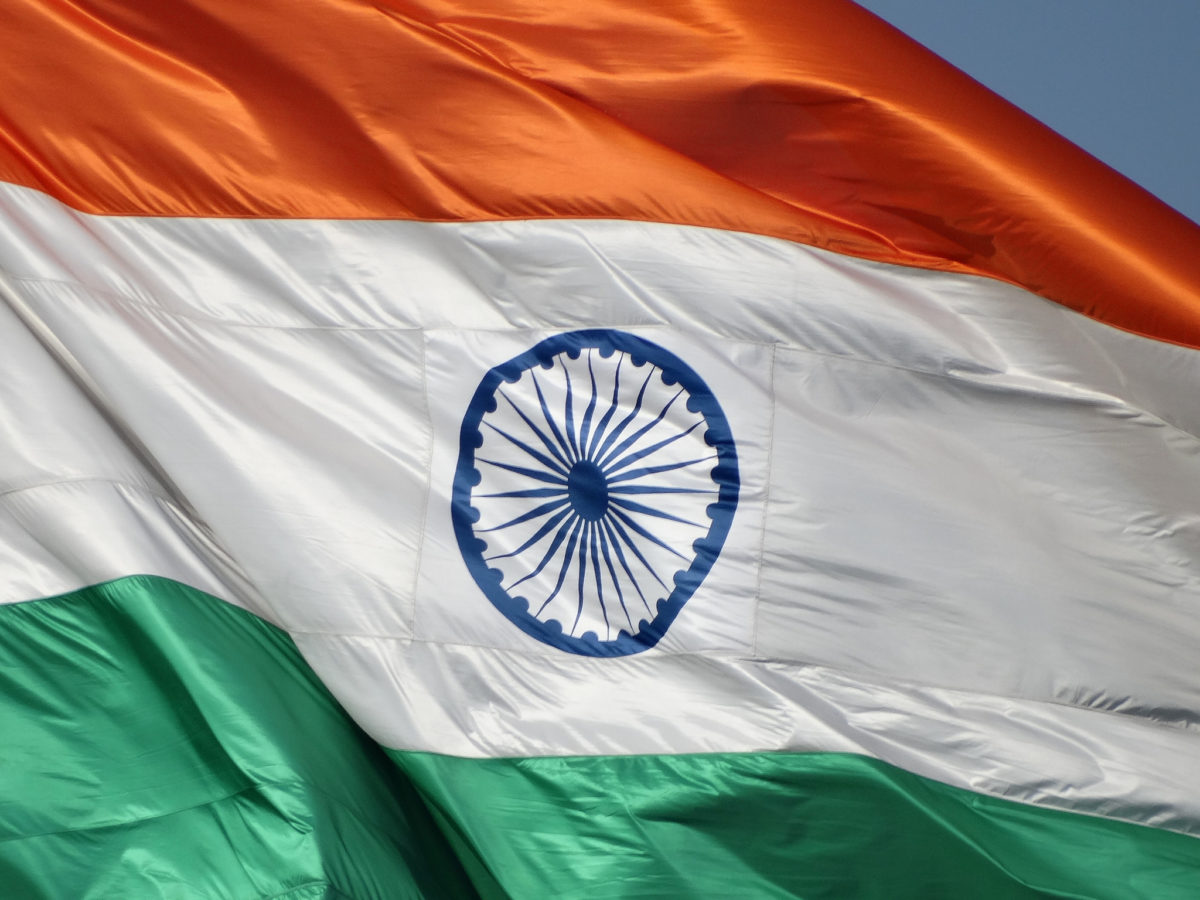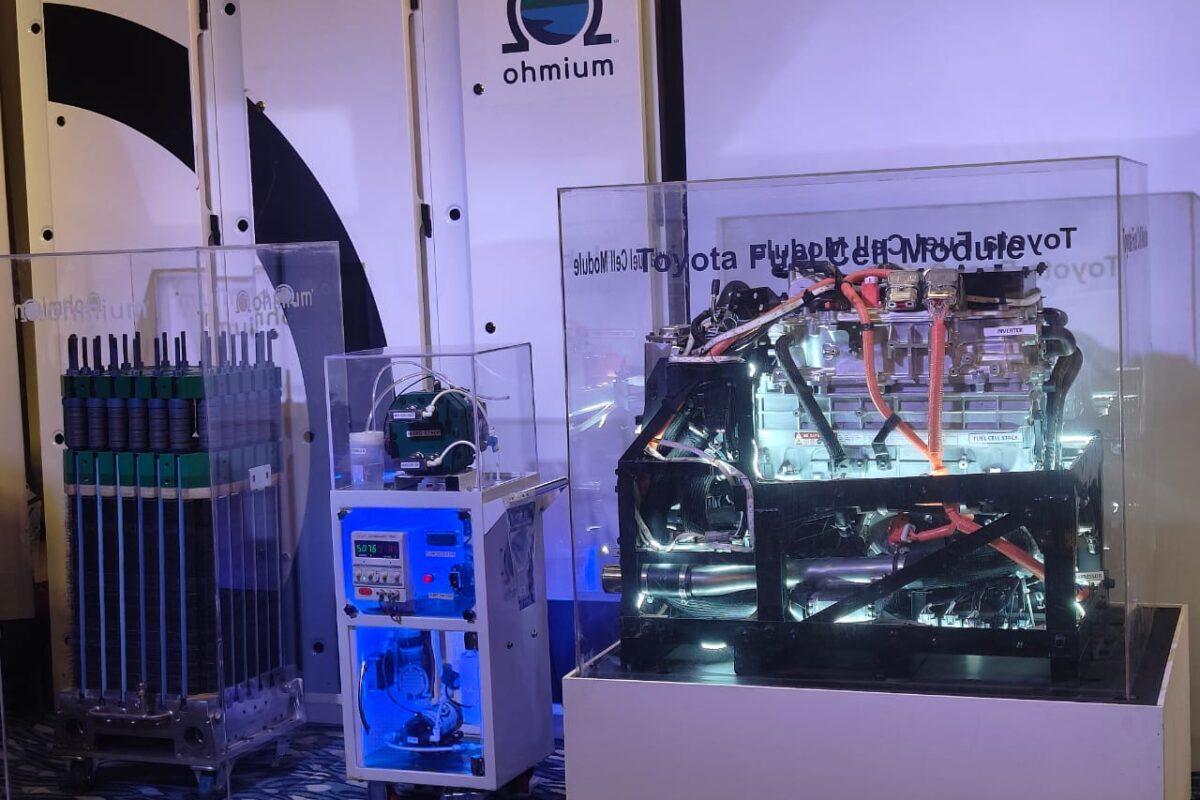A report published today by global renewable energy policy network REN21 says that only 13 cities in India had renewable energy targets and/or policies as of 2020 out of a global total of over 1,300 cities. These cities, however, house 67.6 million people, or 18% of the nation’s urban population.
The 2021 edition of REN21’s Renewables in Cities Global Status Report shows that eight cities in India have set renewable energy targets and nine passed renewable energy policies as of 2020.
The report states that net-zero targets are not as widespread in Indian cities. And by the end of 2020, only three cities in India—Kolkata, Chennai and Delhi—had committed to achieving net-zero targets for 2050.
The report highlights that smart cities programme launched in 2015 is accelerating adoption of solar power generation capacity in urban areas. In 2018, Diu Smart City became India’s first city to run completely on renewable electricity, thanks in part to a 9 MW solar PV park and solar panels installed on 79 government buildings.
Several other smart cities issued tenders in 2019 and 2020 for local solar PV capacity atop buildings, canals and sewage treatment facilities.
The report noted the emergence of solar PV and solar water heater mandates in several Indian cities. Rajkot city in the Indian State of Gujarat mandates installation of solar PV rooftop systems on new buildings. Karimnagar in Telangana passed a similar regulation in 2019 making it mandatory for new buildings to install rooftop solar PV if the building area exceeds 2,700 square feet, it stated.
By the end of 2019, the industrial city of Pune had more rooftop solar capacity (130 MW) than any other Indian city.
Among innovative approaches adopted by cities to boost solar uptake, the report highlighted Delhi’s virtual net metering policy that allows residents and businesses without suitable roof space to invest in solar energy systems. The policy allows users to offset their on-site electricity consumption by using electricity generated elsewhere on the grid. Under such models, consumers that participate in community solar projects receive credits on their electricity bills on a pro-rata basis according to their individual share of investment in the project as a whole.
Karnataka leads in solar water heater capacity with push coming from State Discoms. In 2009, Bangalore Electricity Supply Company (BESCOM) started denying grid access to households that were not equipped with a solar water. This led to 1,234 million m2 of collector area installed across the city by 2017. BESCOM’s policy was copied by other utilities across Karnataka.
This content is protected by copyright and may not be reused. If you want to cooperate with us and would like to reuse some of our content, please contact: editors@pv-magazine.com.









By submitting this form you agree to pv magazine using your data for the purposes of publishing your comment.
Your personal data will only be disclosed or otherwise transmitted to third parties for the purposes of spam filtering or if this is necessary for technical maintenance of the website. Any other transfer to third parties will not take place unless this is justified on the basis of applicable data protection regulations or if pv magazine is legally obliged to do so.
You may revoke this consent at any time with effect for the future, in which case your personal data will be deleted immediately. Otherwise, your data will be deleted if pv magazine has processed your request or the purpose of data storage is fulfilled.
Further information on data privacy can be found in our Data Protection Policy.